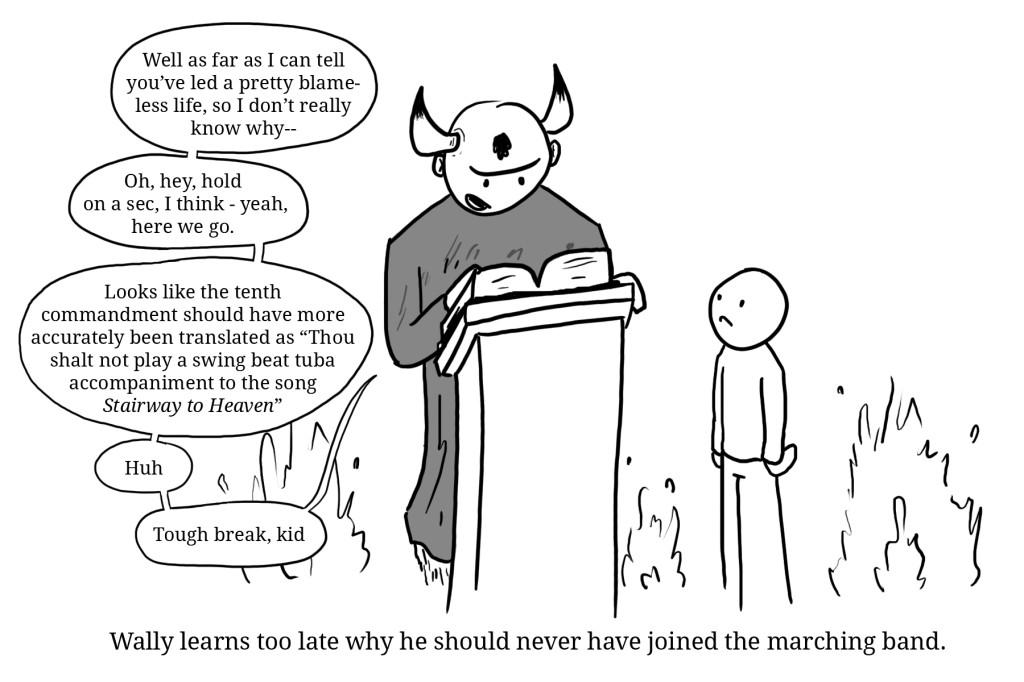Censorship, as an ideal and an action, could be closely compared to the flu virus. Both are ever changing in a constantly evolving world and both tend to rear their ugly heads when you least expect it.
This is something that the “Southwestern College Sun,” the campus newspaper for Southwestern College in southern California, has been learning firsthand since early September.
The controversy stems from a long-standing rule recently enforced by campus administration, stating that when shopping for a new printer the printing contract for “The Sun” must go out for a competitive bid – a policy “The Sun” has not followed this semester. As a result, the campus administration pulled their print funding, citing the breach in procedure as grounds for the action.
What would normally be a cut and dry instance of failing to adhere to college procedure is made more interesting by a detail that gives the story a more sinister side.
This detail is the timing in which the college has decided to enforce the rule. Southwestern College, much like DVC, is having problems with its accreditation. “The Sun” had planned to print some stories in its first issue that were perceived to shed a negative light on the embattled administration and would bring ever more negative attention to the college administration.
At this point, the pulling of funding could be interpreted as merely an unlucky coincidence, but here’s the kicker; the paper has not been following this particular policy for the last 20 years and this is the first time the college has decided to enforce the rule.
The college first stumbled upon this dormant policy back in July, but didn’t inform “The Sun” they were in violation of the rule until two weeks prior to printing their first issue of the semester – one in which they planned to criticize the college administration. All of a sudden the administration’s actions look like either a case of longstanding incompetence or opportunistic censorship.
Was there no one within the college administration capable of catching this before it continued for a decade and a half? If there wasn’t, then maybe it’s time some of the college administrators get replaced because of such an oversight.
Moreover, did anyone in the administration consider the possible ramifications and, in this case, bad press, that would be tied to the timing of such a decision? If they didn’t want bad press, they are certainly getting it now.
While the college eventually relented in its decision, in what was no doubt bowing to outside pressures from local and national press coverage, it is unclear whether or not this controversy is over. By the time the administration relented, the print date for “The Sun’s” first issue had passed and they were only able to print with outside help from former alumnus and Emmy-Award winning writer J. Michael Straczynski.
One can argue for hours about the supposed intentions of the college’s administration, but this much is clear, on a campus already battling issues with its accreditation, was this really a battle worth fighting or will this incident be construed by the accreditation committee as nothing more than the proverbial crucifixion of free speech on the cross of rule and regulation?





































































